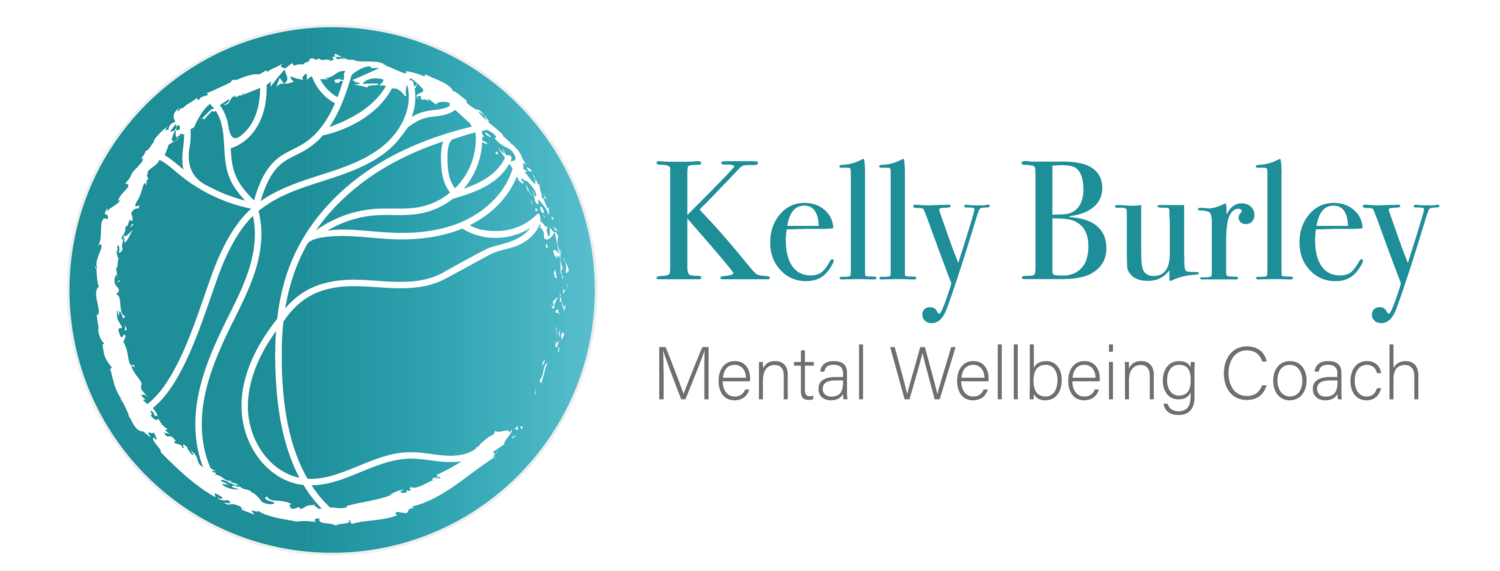Fostering creativity through the power of play
As children we learnt most rapidly through play. It provided a means to test out social interactions and take risks in a safe environment. Play also provided a means of fostering imagination, curiosity and ultimately strengthened cognitive development. Studies have shown that children are more likely to be more creative if allowed enough time to engage in unscheduled free play. But what about adults?
Most of us long ago put away the idea of “me time” let alone time to play, because it is viewed as unproductive, self-indulgent and even selfish. However, play improves the connections between neurons in the brain and forges new ones, enabling us to learn new skills via a process called neuroplasticity. Studies have even indicated that there is a link between increased creativity and play. So, what actually is play? The Cambridge dictionary defines play as spend time doing an enjoyable and/or entertaining activity. It is something you do without an intrinsic aim, for sheer pleasure.
In an era where creativity is viewed as a key skill, corporations are increasingly looking for creative solutions from employees, therefore it is important to look at the ways in which we can foster creative approaches to problem solving.
Plants in the office
A study conducted by the University of Exeter show that being surrounded by plants can boost your creativity and problem-solving skills by up to 45% and overall wellbeing by 47%.
Take time to daydream
Good news for daydreamers - daydreaming is not wasting time! Free thought allows increasingly random connections to be made that can foster creativity.
Connect with your inner child
Getting back to your childhood roots is a great way to improve creativity. What did you enjoy doing as a child that made time simply fly by? Maybe it was making up stories, walking in nature, dancing, painting or playing with animals? Think back to what excited you and look for ways to bring parts of your inner child into different areas of your life, whether its dancing to the radio as if no one is watching, taking a painting class or going for a regular walk.
Whatever you decide to do it is important to leave expectations at the door. There is no set objective or purpose to play – rather it is a state of being. Allow yourself that freedom, even just for 5 minutes and you may find yourself feeling a little lighter and freer as a result.




